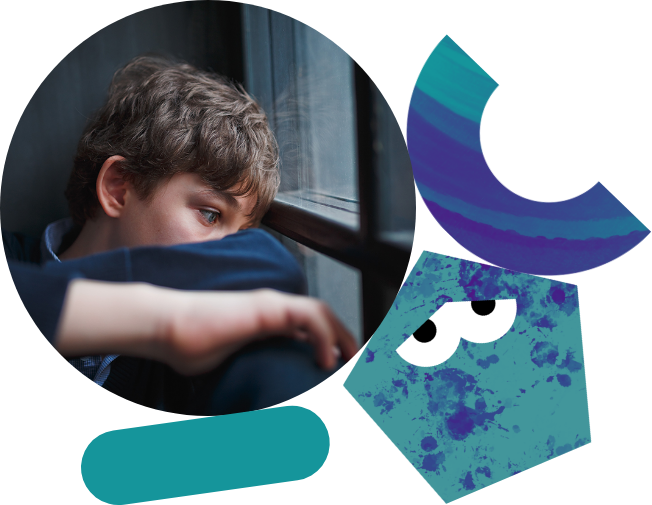> Improving classroom behaviour
Emotional health education for improved classroom behaviour
Togetherness for improving school behaviour
Behaviour is a form of communication. Reading and understanding behaviour can help you create a nurturing learning environment for all children and young people – and a positive workspace for you too.
By prioritising children’s emotional health, you can create a classroom environment where all children feel understood, accepted, able to stay calm and most importantly – ready to learn.
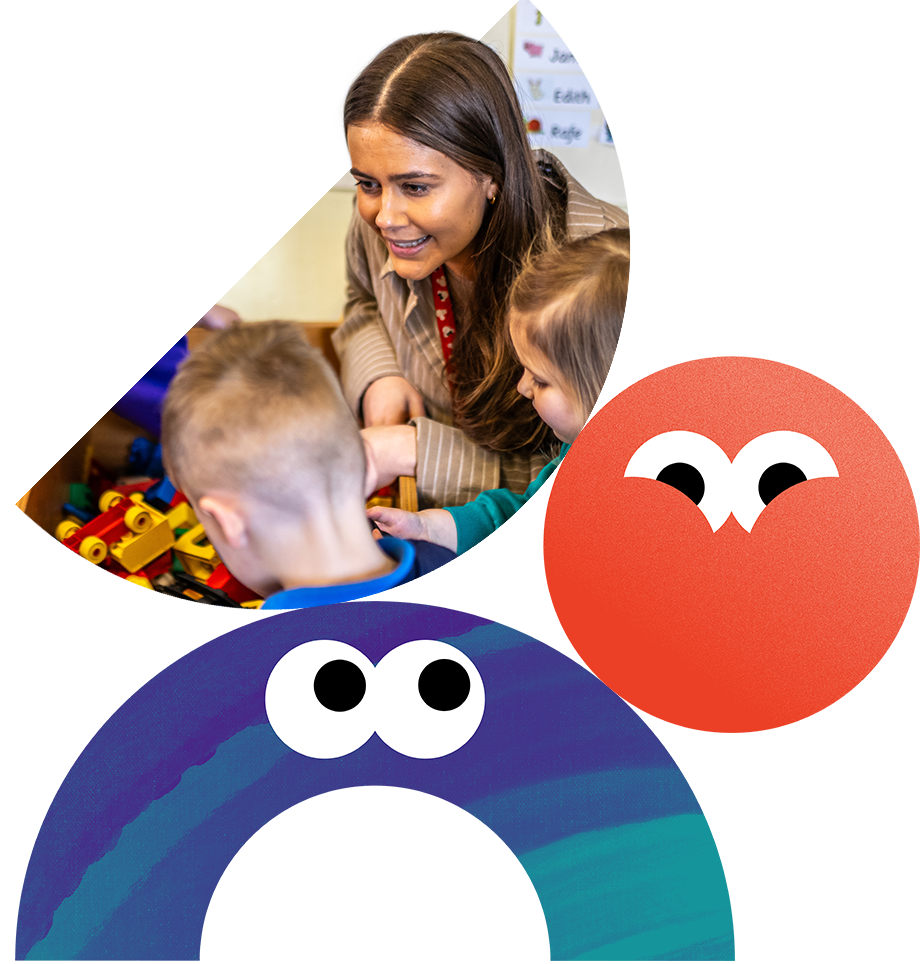

“The Solihull Approach model is evidence-based and proven to improve children’s ‘pro-social’ behaviour. It relies on the relationships around children and raising understanding of children’s emotional development and needs.”
Dr Hazel Douglas
Consultant Clinical Psychologist and Child Psychotherapist, Director of Togetherness
Parent groups: Understanding your child’s behaviour
The link between school and home supports improved behaviour in the classroom and children’s readiness to learn. Schools can play an important role in helping families to tune into emotional wellbeing needs and make a big difference in behaviour.
Face-to-face groups
Understanding your child: from toddler to teenager, a ten-week group for parents and families positively improves behaviour, reduces conflict and improves closeness for parents and children (as evidenced using the Child Parent Relationship scale).
Structured learning and group sharing is designed to support both parental and children’s wellbeing. Group facilitators will cover:
- Childhood development
- Brain development
- Understanding feelings
- Reading behaviours
- Processing feelings
- Different parenting styles
- Rhythm of interaction
- Sleep
- Self-regulation and anger
- Communication
Proven to make a difference
In 2019, a randomised control trial (RCT) on the ‘Understanding your child’ programme confirmed significant benefits to both children and parents and led to the inclusion in rated programmes by the Early Intervention Foundation. The course has been given the top rating for value for money by the Early Intervention Foundation (EIF), now Foundations.
Groups are delivered by Togetherness trained group facilitators.
Already a trained group facilitator?
Train to become a group facilitator

Online learning pathways
Togetherness learning pathways include a range of supportive resources and bitesize steps to mirror the face-to-face course. It’s totally private, self-paced and designed to meet different learning styles and is available in different languages.
Your school might be in a funded access area meaning all of the pathways are available to local residents for free. You can find out using the free access checker.
Funded access areas benefit from free learning anytime, anywhere across 16-pathway areas from parenting to young people’s and adult mental health.
Reduce exclusions
Disruptive behaviour in the classroom may need to lead to escalating discipline by staff members to ensure the safety of all children and prioritise the learning focus of lessons. Unfortunately, if such behaviours persist this can lead to school exclusion, though research suggests this increases the likelihood of longer-term emotional health issues for young people.
For younger children, Togetherness can effectively support personalised child behaviour plans. For older children, introducing additional learning about emotional wellbeing for teenagers is also helpful.
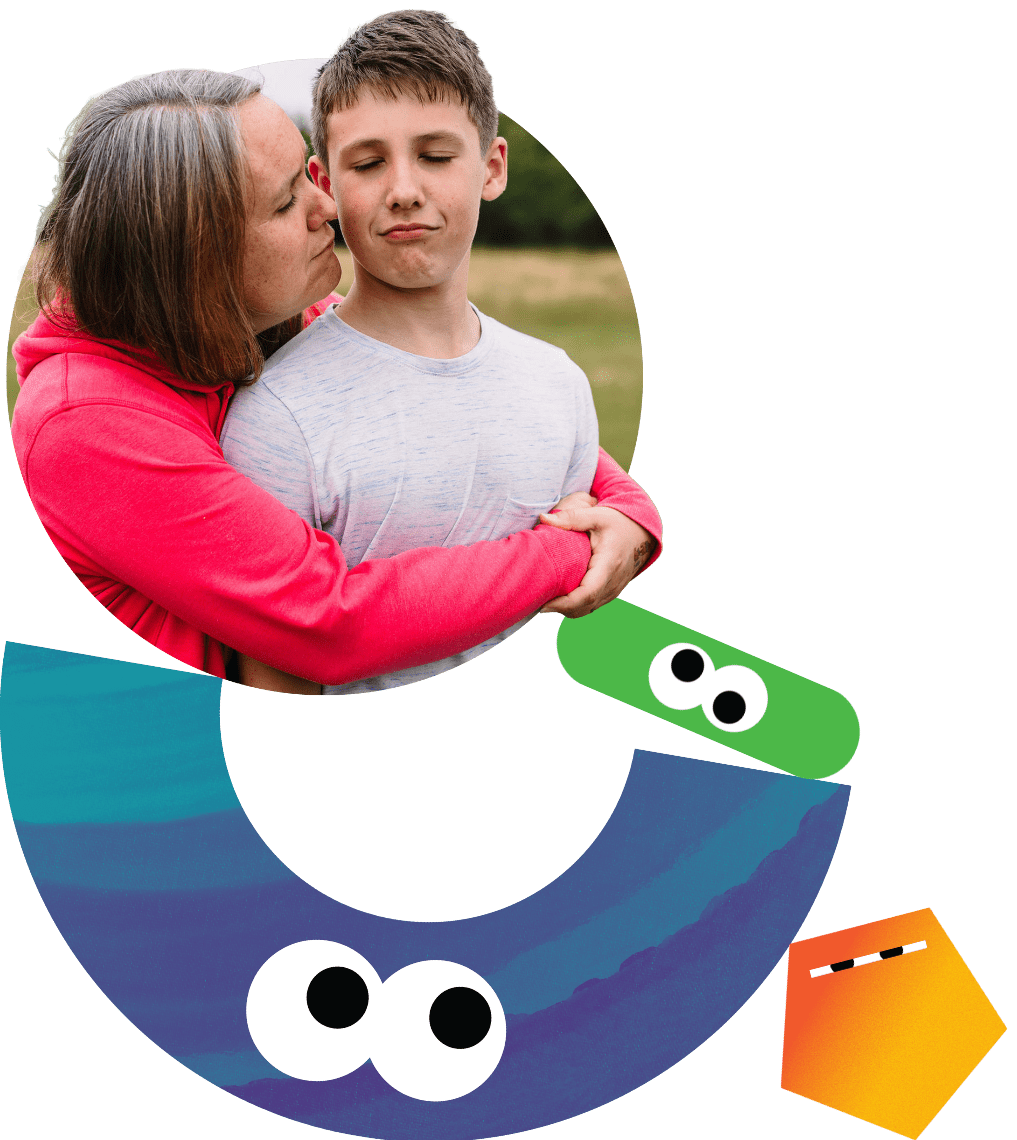
Teenage emotional health learning
As the brain reshapes during adolescence, it’s common to become impulsive, thrill-seeking or overwhelmed by emotions such as anger, unable to stop and think rationally.
Fortunately, adolescence is the next major surge in brain organisation and development after the first three years of life, so it offers an opportunity for expanding coping strategies making way for positive neural networks to be established in the brain. Therefore, the right emotional health support for young people is critical and can help to reduce the risk of exclusion.
Understanding your brain (for teenagers only!)
Online learning for children and young people to understand their changing emotions, behaviour and even sleep patterns.
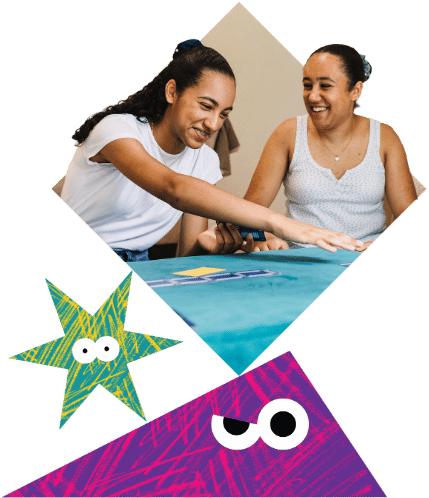
Understanding your teenager’s brain (parent learning)
Online learning for parents and carers to understand changing emotions, behaviour and even sleep patterns.
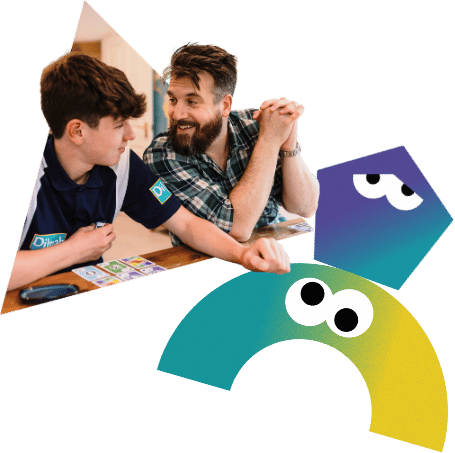
School lesson plans
9-lesson course designed to support relationships, sex and health education (RSHE) provides information on adolescent brain development as well as introducing parenting principles.
